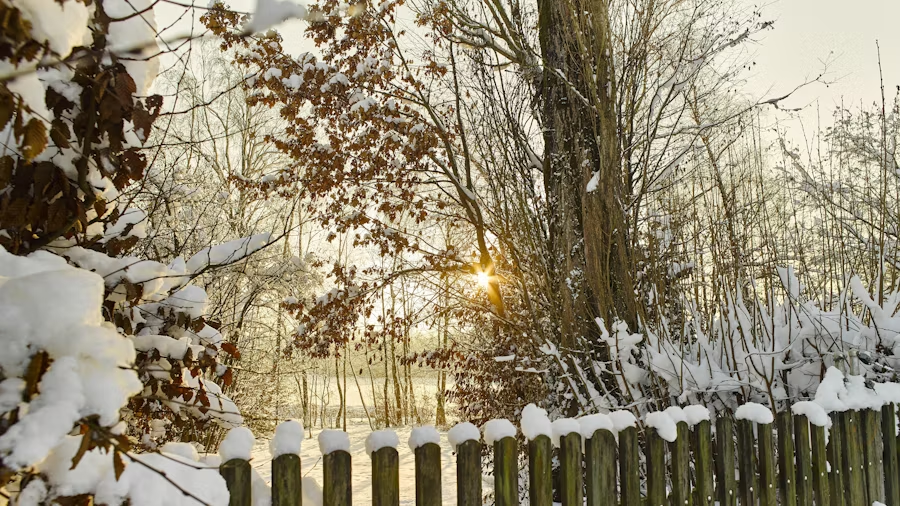As we noted last week, Arctic ice was on a strong rebound 13 years after the satellite-era low point in 2012. So how do the usual suspects peddle it as a melting catastrophe? Well, Stanford University, along with MSN and others, peddle a “Mongabay” piece with the headline “No new record low for Arctic sea ice loss in 2025”. No new low in losses; and three negatives don’t make a comprehensible statement. What they could have said was that for 13 straight years the dreaded ice loss wasn’t happening. Except they still say it is, you just can’t see it for all the ice.
For starters the piece calls the high level of ice in 2025 “a recovery, in some ways, from where things stood earlier this year.” What? Earlier this year? Not say 2012. No. This year. See:
“At the winter maximum in March 2025, the Arctic ice was in bad shape…. Ice cover in the region then barely topped 14.3 million square kilometers (5.5 million square miles) – the smallest extent at the winter maximum observed in the 47-year satellite record, and more than 1 million km2 (386,000 mi2) below the 1981 to 2010 average winter maximum.”
But of course it’s not honest to use that average given the “regime shift” in 2007. Moreover if you actually look at the chart, on March 22 2025, though marginally below other years, it was not outside the pack. (Partly because in March pretty much the entire Arctic is frozen from Kamchatka to Svaldbard and Novaya Zemlya. Every year.) Still, they say:
“Much of 2025 followed a similar downward sloping path; throughout June and into early August, Arctic sea ice cover was tracking close to, if not at, a record low for the time of year.”
Which it wasn’t, but never mind. The point is, they then say:
“The fact that Arctic sea ice extent has not once broken the minimum record set in summer 2012 can seem counterintuitive at first glance, especially when considering the hastening speed of climate change and record warm years over the last decade. But researchers say that failure to set a new record is to be expected and in line with modeling evidence published in August in the journal Geophysical Research Letters.”
So it’s “counterintuitive” that ice that’s melting away doesn’t melt away? Yeah. It’s one word for it. And if “researchers say that failure to set a new record is to be expected” why didn’t they expect it? As for the current excuse, it’s weather that’s obscuring the trend. Thus they reference a study by “climate scientist Mark England, who led the study team while working at the University of Exeter in the U.K.” And evidently:
“England said the team’s research suggests that if not for human emissions, the period from 2005-24 may have been a period of substantial sea ice growth, similar to what the world saw around the 1920s and 1940s. With rapid global heating, however, this meant only that the sea ice melted out more slowly.”
Now do you see? Even though the ice is not melting, it is. QED. And we’re melting it though it’s not melting. Even if we have to admit natural fluctuations that the CO2 theory cannot explain in order to salvage the CO2 theory for polemical purposes. As in:
“Moreover, the slowdown can’t last forever. Natural variability has offered a temporary reprieve, England said, but the research team’s models showed that the pauses in September sea ice loss have only a one in four chance of persisting for another decade. Higher carbon emission scenarios presented even lower odds of sustaining a muted pace of future ice loss. Concerningly, when the slowdown does end, the anomalously high amounts of sea ice remaining could more rapidly melt away.”
Unless they don’t. But if not, send more models. And hold the ice.



That was a great explanation of obvious warming in every metric except ice, which is being governed by natural variability (which explained the ice loss in 20’s and 30’s). You can’t make this stuff up!